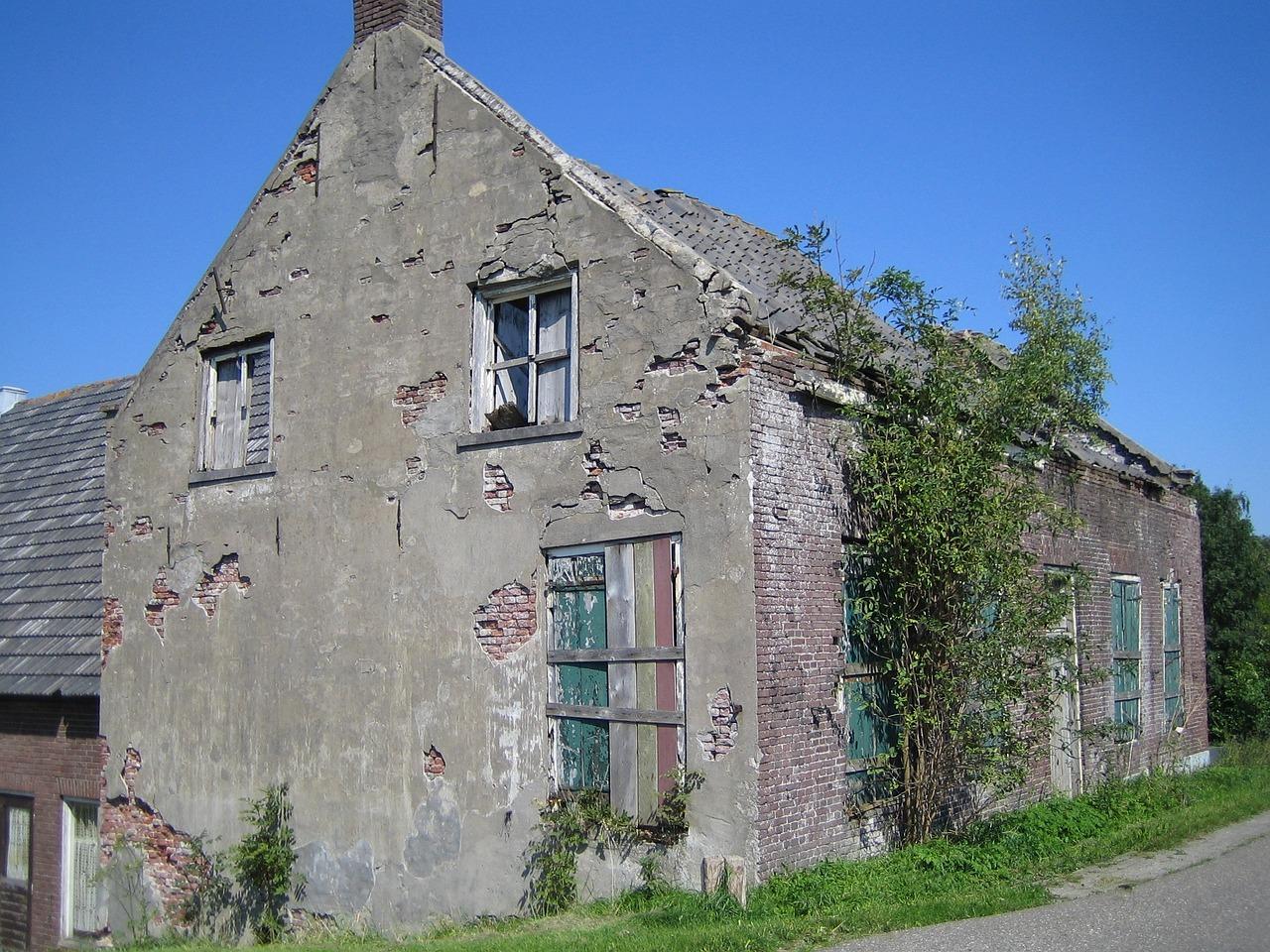Buying a fixer-upper property can be an appealing option for those looking to enter the real estate market or seeking a project to transform a house into their dream home. However, it’s essential to consider the advantages and disadvantages before committing to such an investment. In this blog post, we will examine the pros and cons of buying a fixer-upper property, empowering buyers to make informed decisions about this type of investment.
Pros of Buying a Fixer-Upper:
- Lower Purchase Price: One of the primary advantages of buying a fixer-upper is the potential for a lower purchase price compared to move-in-ready homes in the same area. This can provide an opportunity for buyers to enter the market at a more affordable price point.
- Customization and Personalization: Fixer-uppers offer a blank canvas for buyers to customize and personalize according to their preferences. From choosing the finishes and materials to reconfiguring the layout, buyers have the flexibility to create a home that suits their unique vision.
- Potential for Increased Equity: By investing time, effort, and resources into renovating a fixer-upper, buyers have the potential to significantly increase the property’s value. This can result in increased equity and potentially higher returns on investment when it comes time to sell.
- Building Construction Knowledge and Skills: Taking on a fixer-upper project provides an opportunity for buyers to gain valuable construction knowledge and develop essential DIY skills. This hands-on experience can be rewarding and can save money on future repairs and renovations.
Cons of Buying a Fixer-Upper:
- Higher Renovation Costs: While fixer-uppers may have a lower purchase price, the costs associated with renovations can add up quickly. Buyers must carefully assess the extent of required repairs and renovations and budget accordingly to avoid potential financial strain.
- Time and Effort: Renovating a fixer-upper requires a significant investment of time and effort. Buyers need to be prepared for the challenges and inconveniences that come with living in a construction zone, coordinating contractors, and overseeing the renovation process.
- Potential for Unforeseen Issues: When dealing with older or neglected properties, there is a higher likelihood of encountering unforeseen issues during the renovation process. Structural problems, outdated electrical or plumbing systems, or hidden damage may arise, adding complexity and costs to the project.
- Delayed Move-In Time: Unlike move-in ready homes, fixer-uppers may require an extended timeline before they are ready for occupancy. Buyers should be prepared for potential delays and make alternative living arrangements if necessary.
- Limited Financing Options: Securing financing for a fixer-upper property can be more challenging than for move-in ready homes. Traditional lenders may have stricter requirements or limited loan options for properties in need of extensive repairs.
Conclusion: Buying a fixer-upper property offers a unique set of advantages and challenges. It provides an opportunity for buyers to create their dream home while potentially increasing equity. However, it requires careful consideration of renovation costs, time investment, and the potential for unforeseen issues. By weighing the pros and cons, buyers can make informed decisions and determine if a fixer-upper aligns with their goals, budget, and available resources.
Contact Laura at LauraSinclairHomes.com for guidance on finding the best fixer-upper for your investment budget.
